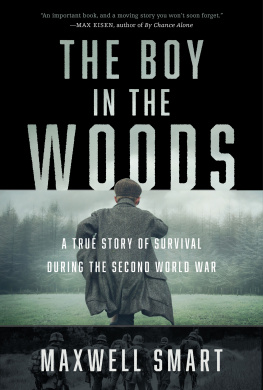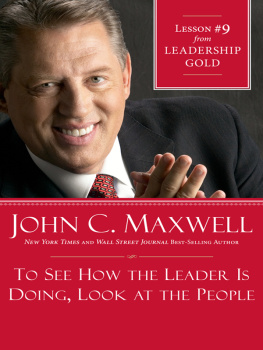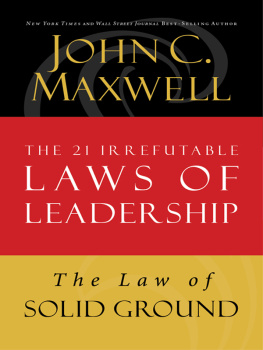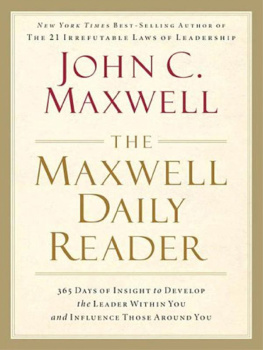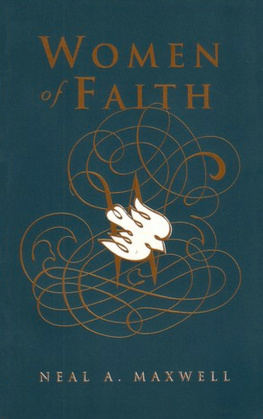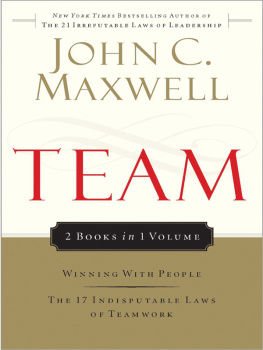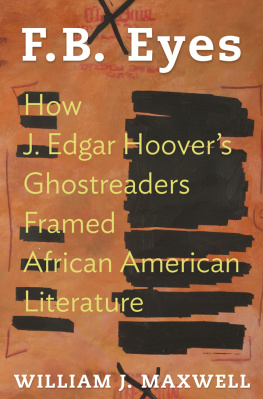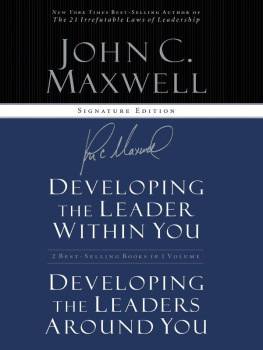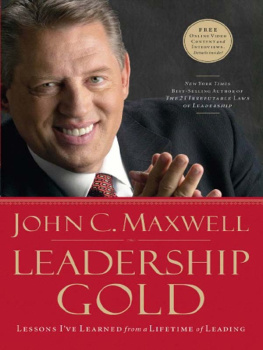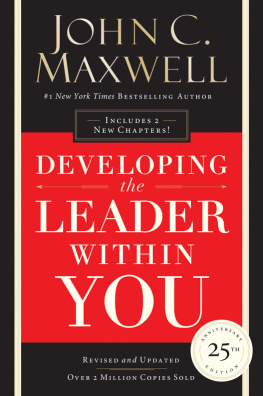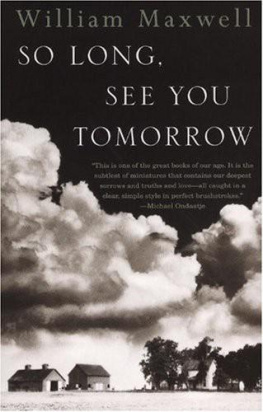The following memoir contains a number of terms, concepts and historical references that may be unfamiliar to the reader. For information on major organizations; significant historical events and people; geographical locations; religious and cultural terms; and foreign-language words and expressions that will help give context and background to the events described in the text, please see the glossary beginning .
T his is a story of courage and survival. Millions perished in the Holocaustoften helpless to save themselves in the face of the incredible brutality of the Nazis and their numerous collaborators. Here we have the memoir of a little boy who is about to be forced onto a truck, en route to his execution. The mother cries out to her little boy, Save yourself!and he bravely defies the odds and lives.
This dramatic story unfolds in a small town in PolandBuczacznow part of Ukraine, where thousands of collaborators turned on their Jewish neighbours, killing them and looting whatever they could. When the war shuddered to its bloody finale, only one hundred of about eight thousand Jews in the town had survived. Maxwell Smart was one of them.
In rags, starving, narrowly and repeatedly escaping death at the hands of the Nazis and Ukrainians, Maxwellalthough only a boy at the timedisplays a remarkable blend of courage, compassion and maturity.
An orphan, he makes his way to Canadaa country that, prior to and during the war, had turned its back on endangered Jews who sought refuge. The countries wise enough to provide a home for the refugees were enriched by their newcomers extraordinary contributions. Canada stood at the bottom of the ladder in terms of saving these imperilled people. Only after the true horror of the Holocaust was revealed did Canadas leaders (and not all of them) liberalize their immigration policies.
Thousands of survivors living in Montreal have never told their stories. The voices of Maxwell Smart and others must be heard, as we still encounter people who downplay or even dismiss the largest and most documented mass murder in human history. Regrettably, there are no words to convey the full horror of the Holocaust. Only the individual experiences of people like Maxwell Smart, painfully recalled, begin to describe the monumental crimes of the Nazi Party and its collaborators.
And from the brutality of war has emerged a celebrated artist offering the world, in sharp contrast, beautiful images. Maxwell Smart describes himself as an abstract expressionistthat is, he belongs to a school of artists born in the wake of World War II . Yet Maxwells paintings are marked by a difference in style and contenthis paintings are enriched by his past. In many ways, they are subconscious creations, digging deep into hidden memories of flight and fear and fantasy. One cannot be untouched after living in constant danger for years, detached from virtually all human contact and seeking distraction from gnawing hunger. These are the elements that make Maxwells canvases dynamic and different. The forests in which he hid, the planets and stars distracting him from his endlessly endangered existence, and even the moments of serenity, are all reflected in his work.
Furthermore, he paints enormous pieces. This is not the work of someone seeking to produce an oeuvre easily and without pain. Many paintings are so big that they are suitable only for a gallery, an institution or a mansion. Paintings by Maxwell Smart hang in various galleries and collections. In 2006, the opening of the gallery bearing his name saw hundreds of people come to pay tributeand to buy paintings.
Art columnist Heather Solomon, who has written about Montreal artists for more than twenty years, labelled Maxwell Smart the jewel of the Montreal art scene. I was present when Solomon first encountered Maxwells work in his St. Laurent, Quebec, gallery. She entered the gallery and was immediately drawn to closely examine a painting of stars. This is how Heather described the moment: Through a door, the ceiling swoops upward to eighteen feet and your eyes widen with the rush of colour and energy emanating from large-scale paintings that practically sing with life.
Among those paying tribute to Maxwell at his gallery opening was accomplished Canadian artist Sydney Berne. Berne was impressed by what he called Maxs unflagging optimism, declaring, Having experienced childhood misery in darkness, as he hid from the Nazis, he now revels in light with his exuberant will to live and to paint.
For the seven-year-old boy who was thrilled by his teachers encouraging words about his art seven decades ago, in another world, life has come full circleand he has joyfully learned the truth in Franz Kafkas statement that anyone who keeps the ability to see beauty never grows old.
Joe King (19232013)
Montreal, Quebec
Y ou might think that I was one of the lucky onesa young Jewish boy living in Poland during World War II who never saw the inside of a concentration camp. But my memories of those long days and longer nights when, from the age of twelve, I found myself completely alone bring back the uncontrollable panic and dread of being discovered in my hiding place, the hunger of my starving body and the absolute fear that everyone was my enemy. The severe, painful cold of the winter months are part of me every day and night, even now, more than seven decades later.
For a large portion of the last seventy years, I attempted to block out the terrifying, psychologically and physically scarring nightmare of what happened to my family and me during World War II and the German occupation of Poland. Understandably, I did not want to remember or relive the past, and so attempted to erase this tragic period of my life and tried to pretend that it never happened. With much determination, I was able to create a new life for myself in Montreal and lock away my painful past. In essence, my new life started when I arrived in Canadaor so I tried to convince myself. I desperately did not want to remember those horrible Holocaust years, and when for a moment a memory would intrude on the present, I would become depressed for days. I would get angry and anxious and ask myself, Is this normal? Am I normal?
The horrors of the Holocaust were not discussed and not even fully acknowledged by many in the Jewish community in Montreal after the war, and many Canadian Jews were not really interested in the subject. It seemed they felt dissociated from it, and they appeared to be more concerned about the fact that newcomers were taking away their jobs. When I first arrived in Canada, many people would ask where I was from, and they would question me about my city, but they never asked about my parents or family or what I had experienced or how I survived the inconceivable savagery. They seemed disinterested in the barbarity that was experienced by a twelve-year-old boy, a homeless orphan who survived the war by stealing and begging for food, who risked his life every day in a desperate hunt for something to eat, who could easily have been shot to death for simply scrounging for foodjust because he was a Jew.

